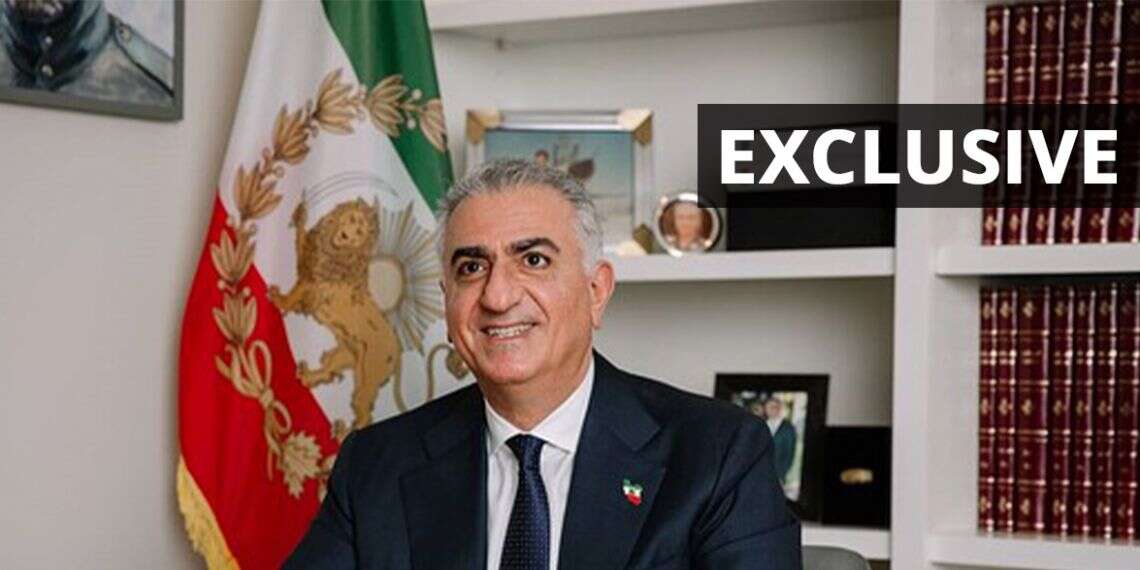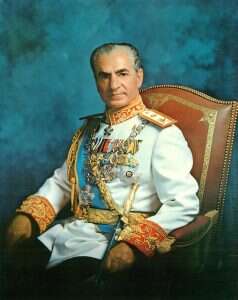-Рубрики
- Polyglot 84 (526)
- Polyglot 84.Немецкий (128)
- Polyglot 84.Русский. (74)
- Polyglot 84. NATO. Deutschland (43)
- Polyglot 84.Иврит (32)
- Polyglot 84 . Французский (20)
- Polyglot 84 .Украинский. (6)
- Polyglot 84.Арабский. (3)
- Polyglot 84.Арабский. (2)
- Polyglot 84 .Белорусский. (501)
- Polyglot 84.Английский (223)
- Polyglot 84 .Putin President New Russia (105)
- Polyglot 84 . USA (90)
- Helena. Website NHEIT UND GESUNDHEIT. (35)
- DO YOU WANT TO BE A LONG LIFE? (20)
- ИРИНА_ЮРЬЕВНА_ (16)
- Cловарь Русский язык для всех. (15)
- Stefaniia-Stefa (11)
- Polyglot 83.http://www.megapolis.org/forum/search (4)
- MIGnews.com (3)
- Helena.DIÄTEN AUS ALLER WELT. (3)
- caprizulka.ru (2)
- Israel Hayom Newsletter in English (1)
- https://urfonews.ru/ (1)
- Наши издания — Российская газета (rg.ru) (1)
- Panet.co.il ( A-E -R -H) (0)
- Health & Lifestyle > Health (197)
- Elena always in form ! (60)
- Wild Katze (1)
- Fighting insomnia .. (9)
- Food & Drinks (73)
- FURMAN_ED.ЗДОРОВЬЕ И КРАСОТА МУЖЧИНЫ (108)
- Memory, sight, hearing (27)
- Miroslava.USEFUL TIPS (30)
- Weight loss as part of health. (43)
- Live Human Communication (610)
- Liebe Gesundheit Schönheit (10)
- Oksana Lutova (6)
- Cilia_Fur (3)
- Лариса_Воронина – «Дневник Лариса_Геня» (2)
- Humor 84 - 41 (64)
- Personal comments on my writings. (602)
- Personal University of Self-Development (600)
- Polyglot 83.http://www.megapolis.org/forum/search (2)
- Welcome to Baba-Mail (28)
- YOSEF LEITUS(BEER-SHEVA) (8)
-Поиск по дневнику
-Подписка по e-mail
-Постоянные читатели
-Статистика
Amateur-Translator (Polyglot 83). Israel Hayom Newsletter in English.Sunday Feb 14, 2021 |

Personal comments on my writings.
Personal University of Self-Development
Exiled Iranian crown prince confident end of ayatollahs' regime is near
Reza Pahlavi, the exiled son of the last Shah of Iran, believes that the majority of the Iranian people see the Islamic republic's track record in the global theater as a failure, and would therefore be happy to strike peace with the Jewish state. "I would love to travel to Israel," he says.
 /www.israelhayom.com/wp-content/uploads/2021/02/courtesy-1-360x180.jpg" target="_blank">https://www.israelhayom.com/wp-content/uploads/2021/02/courtesy-1-360x180.jpg 360w, https://www.israelhayom.com/wp-content/uploads/2021/02/courtesy-1-750x375.jpg 750w" title="Reza Pahlavi | Courtesy " width="1140" />
/www.israelhayom.com/wp-content/uploads/2021/02/courtesy-1-360x180.jpg" target="_blank">https://www.israelhayom.com/wp-content/uploads/2021/02/courtesy-1-360x180.jpg 360w, https://www.israelhayom.com/wp-content/uploads/2021/02/courtesy-1-750x375.jpg 750w" title="Reza Pahlavi | Courtesy " width="1140" />Israel and Iran are archenemies – that is a simple fact of the modern Middle East. So much so, that is it easy to forget that was not always the case. In fact, Iran was the second Muslim-majority country to recognize Israel as a sovereign state after Turkey.
Follow Israel Hayom on Facebook and Twitter
Back in the 1950s, after the pro-Western Shah Mohammad Reza Pahlavi came to power, relations between Jerusalem and Teheran were close. improved. Israel had a permanent delegation in Tehran which served as a de facto embassy and ambassadors were officially exchanged in the late 1970s.
That all changed in 1979, when the Shah's regime was toppled by Grand Ayatollah Ruhollah Khomeini and Iran was declared an Islamic republic. The Shah had no choice but to flee Iran with his family. He died on July 27, 1980 while in exile in Egypt, where then-President Anwar Sadat had granted him asylum.
 /www.israelhayom.com/wp-content/uploads/2021/02/Shah_fullsize-768x970.jpg" target="_blank">https://www.israelhayom.com/wp-content/uploads/2021/02/Shah_fullsize-768x970.jpg 768w, https://www.israelhayom.com/wp-content/uploads/2021/02/Shah_fullsize-811x1024.jpg 811w, https://www.israelhayom.com/wp-content/uploads/2021/02/Shah_fullsize-950x1200.jpg 950w, https://www.israelhayom.com/wp-content/uploads/2021/02/Shah_fullsize-750x947.jpg 750w, https://www.israelhayom.com/wp-content/uploads/2021/02/Shah_fullsize.jpg 1000w" style="box-sizing: border-box; margin: 0px; padding: 0px; border: 0px none; font: inherit; vertical-align: middle; max-width: 100%; height: auto; width: auto;" width="238" />
/www.israelhayom.com/wp-content/uploads/2021/02/Shah_fullsize-768x970.jpg" target="_blank">https://www.israelhayom.com/wp-content/uploads/2021/02/Shah_fullsize-768x970.jpg 768w, https://www.israelhayom.com/wp-content/uploads/2021/02/Shah_fullsize-811x1024.jpg 811w, https://www.israelhayom.com/wp-content/uploads/2021/02/Shah_fullsize-950x1200.jpg 950w, https://www.israelhayom.com/wp-content/uploads/2021/02/Shah_fullsize-750x947.jpg 750w, https://www.israelhayom.com/wp-content/uploads/2021/02/Shah_fullsize.jpg 1000w" style="box-sizing: border-box; margin: 0px; padding: 0px; border: 0px none; font: inherit; vertical-align: middle; max-width: 100%; height: auto; width: auto;" width="238" />After the 1979 Revolution, Iran severed all diplomatic and commercial ties with Israel, and its Islamic government does not recognize the Jewish state's right to exist. It repeatedly threatens to "wipe Israel off the map."
In an exclusive interview, the Shah's son, exiled Iranian Crown Prince Reza Pahlavi, the founder and leader of the exiled opposition group National Council of Iran, tells Israel Hayom of his unequivocal support for the Abraham Accords, sends his rivals a few poignant messages, and speaks of his wish to someday visit Israel.
Q: What do you think about the new US administration?
"I have always approached and judged every American administration, any foreign government for that matter, the same way and with a singular question – will they stand with the Iranian people? I ask them this not only for the good of my compatriots but for their own national interests as well.
"The regime's destructive and destabilizing actions are not conducive to any long-term relations with the free world. It is yet to be seen how the new administration will act. Still, I feel its entrance on the stage betrayed a miscalculation. They said they will go back to JCPOA [the 2015 Joint Comprehensive Plan of Action, better known as the nuclear deal with Iran] as their sworn enemy was scurrying to quintuple the enrichment percentage of Uranium.
"This action was taken by the Islamic Republic as soon as it knew it was facing an administration that had already committed to return to the deal. It is blackmailing the free world. The only sensible solution to American and regional security concerns and the Iranian peoples' myriad problems, lies in supporting the struggle for freedom and democracy in Iran."
Q: Do you think the administration will return to the JCPOA agreement?
"The fundamental problem with the JCPOA was that it was based on the fallacy of behavior change. For four decades Western powers have believed this regime would change its behavior. It will not. Iranians know that the regime is guided not by our national interests but by its own corrupt, criminal interests.
"That is why I tell foreign leaders in my conversations with them that the only sustainable solution to this crisis will be found by supporting the cause of the Iranian people, not in appeasing their occupiers. Indeed, this is what Iranians tell the world themselves. Many brave activists inside Iran recently wrote as much in a letter to President Biden."
Q: What is your own opinion about the Joint Comprehensive Plan of Action agreement?
"With JCPOA's financial rewards, the regime-controlled three major Arab capitals and intimidated more. It is no accident that the Abraham Accords came to be after that money was cut off and the intimidation lost its potency.
"In the countries like Iraq and Lebanon where people fear the regime's armed militias like Hezbollah, their loss of money and power invited a backlash of popular demonstrations against the Islamic Republic's influence. It also enriched and increased the leverage of radical Palestinians over moderate ones, increasing insecurity for Israel.
"Cash infusion from JCPOA also allowed the Revolutionary Guards to invest in the largest global network of terror and crime organizations, ensuring their continued income and the local populations' insecurity in dozens of countries. What did the Islamic Republic lose? Questionably a few months on its path to a nuclear weapon. But with a free hand to sow mayhem in the region, the regime did not even need nuclear weapons.
"Through its armed proxies, the Islamic Republic has vast regional superiority in low-intensity warfare. But it fears escalation to high-intensity engagement, where it has technological inferiority. That is why it wants a nuclear umbrella, to deter high-intensity escalation.
"If the JCPOA guarantees no escalation, the regime gets what it wants and continues to achieve its regional expansionism through low-intensity operations. But the West loses what it needs: peace and stability in the region. That is why JCPOA is a good deal for the Islamic Republic, a bad one for the West and the nations of the Middle East."
| Комментировать | « Пред. запись — К дневнику — След. запись » | Страницы: [1] [Новые] |







